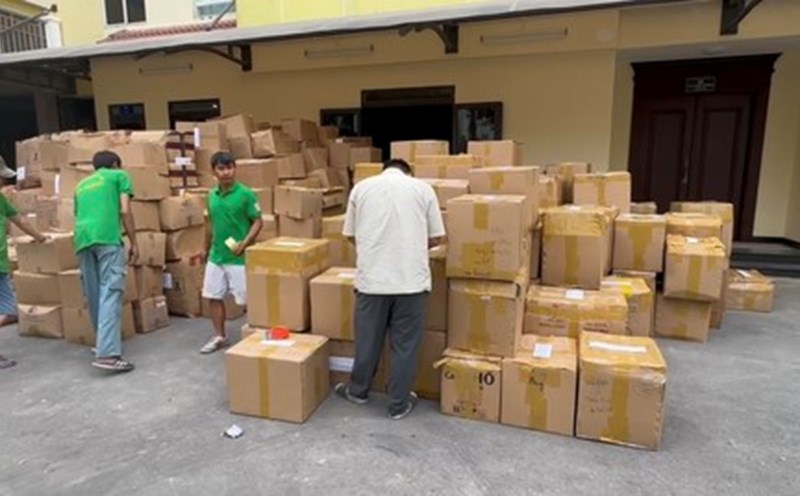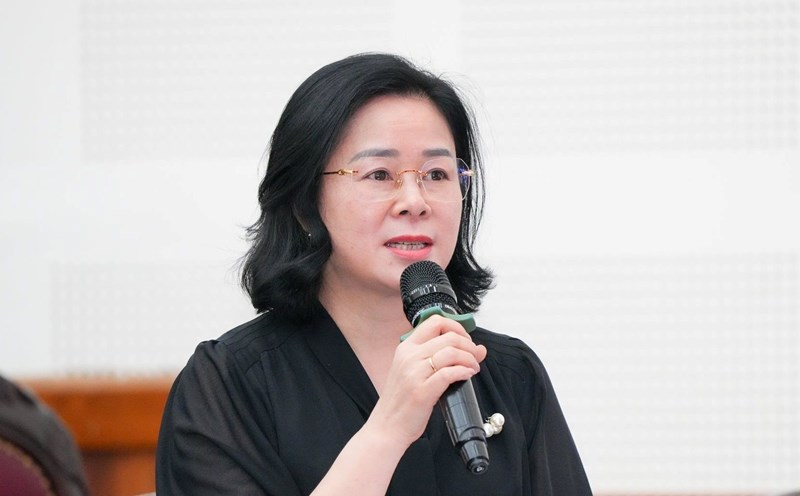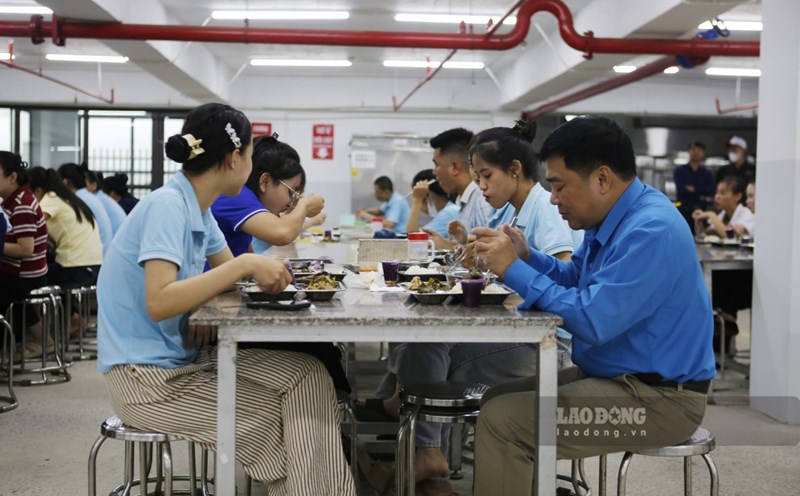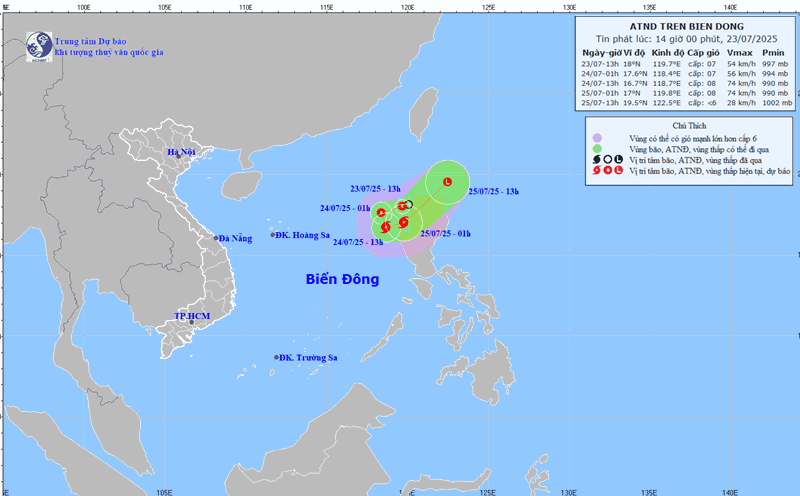Post-inspection loopholes are being exploited
Speaking at the meeting, Ms. Nguyen Thi Mai Hoa - Standing Member of the National Assembly's Committee on Culture and Education stated that Ho Chi Minh City is a complex area, where tens of thousands of establishments are concentrated in the production and trading of pharmaceuticals and functional foods, so the risk of violations is always present.
According to Ms. Hoa, the implementation of Decree 15/2018 detailing the implementation of a number of articles of the Law on Food Safety, according to the post-inspection mechanism instead of pre-inspection is a step forward in administrative reform, but is also revealing a large "loophole".
"This mechanism is being exploited by some subjects to produce and trade counterfeit goods. Ho Chi Minh City needs to clarify what specific loopholes are to propose amending and perfecting inadequate legal regulations," Ms. Hoa analyzed. In particular, Ms. Hoa raised the issue of whether pre-inspection should be returned to some sensitive product groups such as health protection foods, cosmetics, products that directly affect health, even consumer life, and asked, "Do we have enough human resources and tools to ensure effective monitoring?".
Sharing the same view, Mr. Phan Trong Nghia, National Assembly's Committee on Culture and Society, stated that from January to April 2025, Ho Chi Minh City has only inspected 777 pharmacies, accounting for only about 1% of the total number of facilities, of which 100% of inspected facilities have violations.
"This rate shows that the risk of violations is very common, but post-inspection work is not enough to cover it," Mr. Nghia emphasized.
From January to June 2025, Steering Committee 389 of Ho Chi Minh City inspected 2,700 cases and discovered nearly 4,500 problematic items, including more than 200 cases related to fake drugs and food. Mr. Nghia suggested that the city report more clearly on resources to fight counterfeit goods, as well as assess the feasibility of implementing a new specialized inspection model at the commune level, a new solution that needs to be considered in practice.
Ho Chi Minh City exposes the tricks of producing fake drugs and food
At the survey of the National Assembly's Committee on Culture and Society on the implementation of legal policies on preventing and combating fake drugs and fake foods, Mr. Nguyen Hoai Nam - Deputy Director of the Ho Chi Minh City Department of Health - said that currently, the methods of producing and trading fake drugs and foods in the area are increasingly sophisticated, organized, cross-local and difficult to detect.
According to Mr. Nam, the subjects often choose production locations in the suburbs, where there is little control, disguised as being inside other processing workshops. They operate at many locations, taking advantage of digital platforms and express delivery services to bring counterfeit goods to consumers. In particular, counterfeit goods are oftenepized with real product designs, even with stamps, labels, and QR codes, making it very difficult for people to recognize them, Mr. Nam warned.
In just a few major recent cases, Ho Chi Minh City has discovered a ring of counterfeiting bone and joint treatment drugs in more than 60 provinces and cities, seized evidence including tons of raw materials of unknown origin, along with a sophisticated production line; authorities also coordinated with neighboring provinces to destroy a facility for counterfeiting functional foods worth more than 14.5 billion VND.
Ho Chi Minh City currently has more than 2,800 pharmaceutical establishments and more than 14,000 food production and trading establishments. With this scale, Mr. Nam said that it is necessary to strengthen inter-sectoral coordination, apply traceability technology, tighten e-commerce management, and at the same time perfect legal mechanisms to strictly handle violations, protect public health.











